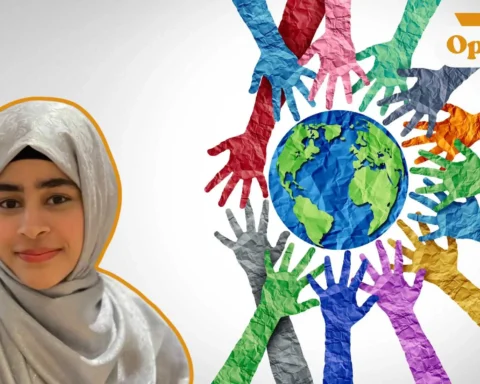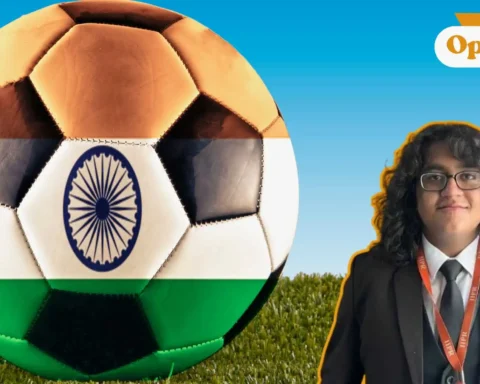Social media has truly revolutionised our world. Standing apart from mainstream journalism, it has not only made visible truths previously obscure and voices unheard but has made it impossible, in fact, to not see things. Be it advertisements and commercials of a cereal brand you have never heard of or gruesome images of war and destruction from the other side of the continent, not knowing is an impossibility in an ecosystem where the slightest push of the algorithm makes and shapes reality.
Social media has been effectively adapted as a tool for activism and journalism, broadcasting to the world, real-time, the ground realities and atrocities that would, a decade ago, have taken years to surface. It has helped accumulate funds, reunite families and, above all, tell the bare truth through ground journalists who have been on the constant run to cover every bit of the lived experience of Palestinians, including the tears and the joys. However, seven months into this alarmingly escalating humanitarian crisis, it is worth reassessing the shifting role of social media, not only in framing narratives but in the psychological and affective impact it has on us as spectators.
Headlines, infographics, memes; the internet is a vast cesspool where images of destruction and horror are interceded by cat videos and clothing adverts, and we consume both, quite unquestioningly. The grand leveller after death itself, the internet equalises all subjects into a state of objecthood; they become content or information meant to be watched, consumed and judged. Social media, while it grants visibility, also strips away the dignity of those who have to go through the dehumanising process of filming their sufferings for the world to see their truth and choose their side. For the other end of the screen - the world’s spectators - this presents a disturbing moral dilemma.
LISTEN TO THIS PODCAST: Breaking Barriers: Saim Ali's Insights into Identity, Social Media, and Politics
We who have been taught not to turn our eyes away, to be the eyewitnesses of history, relentlessly consume, amplify, like, save, share and reshare to be seen as well-informed individuals on the right side of history. And while we are occupied in this mechanistic reiterative performance, larger shifts within collective reality are in danger of going unnoticed. One may argue that by juxtaposing the grave with the trivial, social media levels two very jarringly incongruent realities. It undoes our focus and lulls us into a quiet, subconscious, pessimistic acceptance of the disparaging realities of the world, making us numb to the real issues that need our attention.
Perhaps the constant barrage of violent media and death tolls have been allowed to float around in hopes for it to push at the collective tolerance threshold and, eventually, desensitise us to the urgency of the crisis. Once the initial shock has faded and the eagerness to be “politically correct” has died down, perhaps we will retreat to our private comforts, disillusioned and convinced that things will always be this way. Or better perhaps, we may subvert these expectations by actively resisting these patterns of passive overconsumption, detachment and voyeurism by engaging in meaningful ways with what we encounter.
It requires us, first and foremost, to be aware of the victims as people, with lives as our own; to be sensitive to their humanity, which is as sacred as ours; and to listen to their voices, engage with them, not as content or information but as the experiences of a neighbour, which may well have been our own.
Do you have burning thoughts or opinions? We'd love to hear them! Share your thoughts and ideas in the comments below to get the conversation flowing, or feel free to reach out to us at larra@globalindiannetwork.com.










